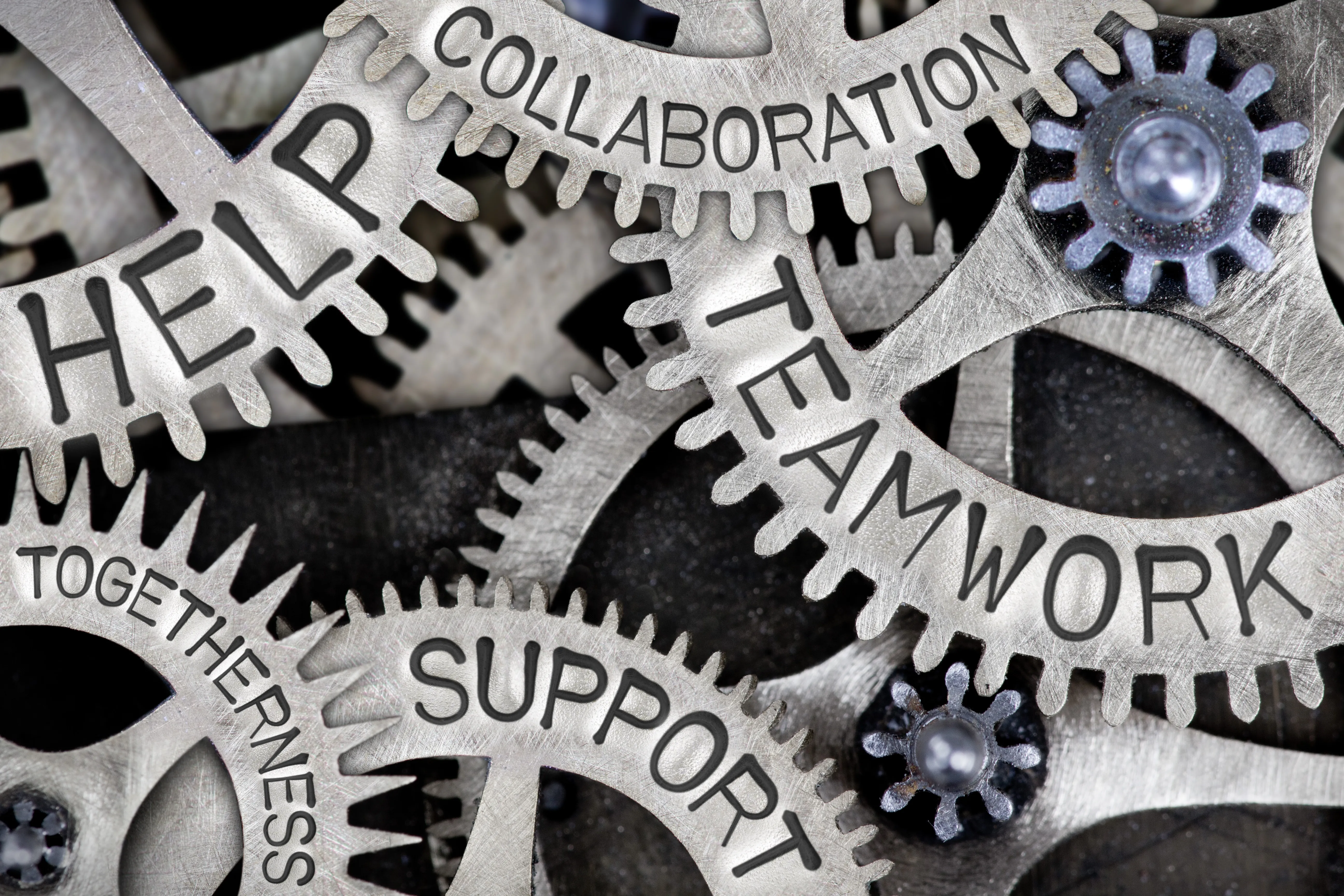
Caregivers - Tips for Organizing Paperwork
If you live far away from a friend or relative who needs care, you may wonder how you can be helpful.
Organizing paperwork is one way that a long-distance caregiver can be a big help. An important part of effective caregiving depends on keeping a great deal of information in order and up to date. Often, long-distance caregivers will need access to a parent’s or relative's personal, health, financial, and legal records.
Getting all this material together is a lot of work at first, and from far away it can seem even more challenging. But once you have gathered everything together, many other caregiving tasks will be easier.
· Maintaining current information about your parent’s health and medical care, as well as finances, home ownership, and other legal issues, lets you get a handle on what is going on and allows you to respond more quickly if there is a crisis.
If you do not see the care recipient often, one visit may not be enough time for you to get all the paperwork organized.
· Instead, try to focus on gathering the essentials first, and fill in the blanks as you go along.
· Talk with the older person and the primary caregiver about any missing information or documentation and how you might help to organize the records.
· It is also a good idea to make sure that all financial matters, including wills and life insurance policies, are in order.
It will also help if someone has a durable power of attorney (the legal document naming one person to handle financial and property issues for another).
Your family member or friend may be reluctant to share personal information with you. Explain that you are not trying to invade their privacy or take over their personal lives—you are only trying to assemble what will be needed in the event of an emergency. Assure them that you will respect their privacy, and then keep your promise. If they are still uncomfortable, ask if they would be willing to work with an attorney (some lawyers specialize in elder affairs) or perhaps with another trusted family member or friend.
For a list of documents and other information to gather, see Getting Your Affairs In Order. Find more information about advance care planning.
















